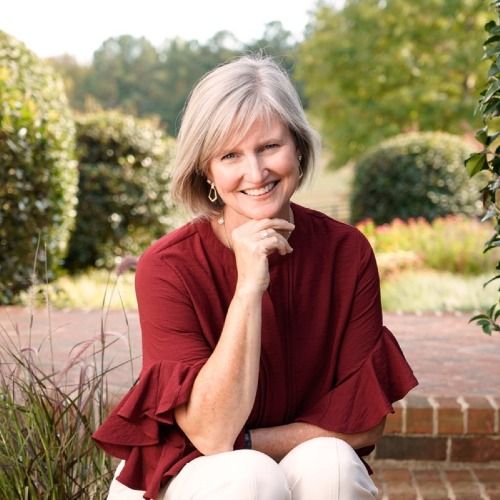Episode 37
When Poetry is the New Sensation. Week 35: Shelley, Byron, Coleridge, and the Romantic Poets
This week is all poetry—our first all-poetry week of the Immersive Humanities project! After struggling through young Werther, I decided I needed to step back and understand Romanticism as a movement. I offer a brief review of the history leading up to Romanticism; after all, most movements are reactions against what precedes them. The printing press and Protestant Reformation blew open European thought, leading to centuries of philosophical upheaval. Empiricists like Bacon and Hume insisted that knowledge must be tested; rationalists like Descartes and Spinoza trusted pure reason. Kant eventually tried to unite both. Their world gave rise to the Enlightenment—and then came the Romantics, pushing back with emotion, imagination, and nature.
That’s the world our poets wrote in. This week I used Pocket Book of Romantic Poetry and read Blake, Wordsworth, Coleridge, Byron, Shelley, and Keats (skipping Novalis and Hölderlin). I loved some poems, disliked others. Blake’s mystical, anti-Christian tone left me cold. Wordsworth’s childhood wonder won me over. Coleridge’s Rime of the Ancient Mariner shocked me--it’s gripping, almost epic. Byron was brilliant, scandalous, and endlessly readable. His Prisoner of Chillon might have been my favorite poem of the week. Shelley felt dreamlike and visionary, while Keats, to me, seemed talented but young. What did the world lose when he died?
Reading these poets in their historical context changed everything. They’re passionate, experimental, and surprisingly radical—not quaint! We are missing out when we resort to tired anthologies to get to know these poets--something that I didn't expect to feel so strongly about! Paired with Beethoven’s Pastoral Symphony and Chopin’s preludes, this week was a revelation.
LINK
Ted Gioia/The Honest Broker’s 12-Month Immersive Humanities Course (paywalled!)
My Amazon Book List (NOT an affiliate link)
That cool Medieval Science Book The Genesis of Science by James Hannam
CONNECT
The complete list of Crack the Book Episodes: https://cheryldrury.substack.com/p/crack-the-book-start-here?r=u3t2r
To read more of my writing, visit my Substack - https://www.cheryldrury.substack.com.
Follow me on Instagram - https://www.instagram.com/cldrury/
LISTEN
Spotify - https://open.spotify.com/show/5GpySInw1e8IqNQvXow7Lv?si=9ebd5508daa245bd
Apple Podcasts - https://podcasts.apple.com/us/podcast/crack-the-book/id1749793321
Captivate - https://crackthebook.captivate.fm


